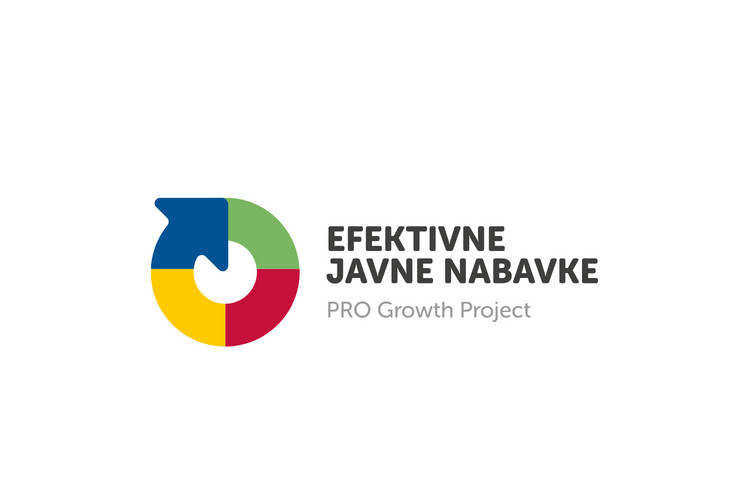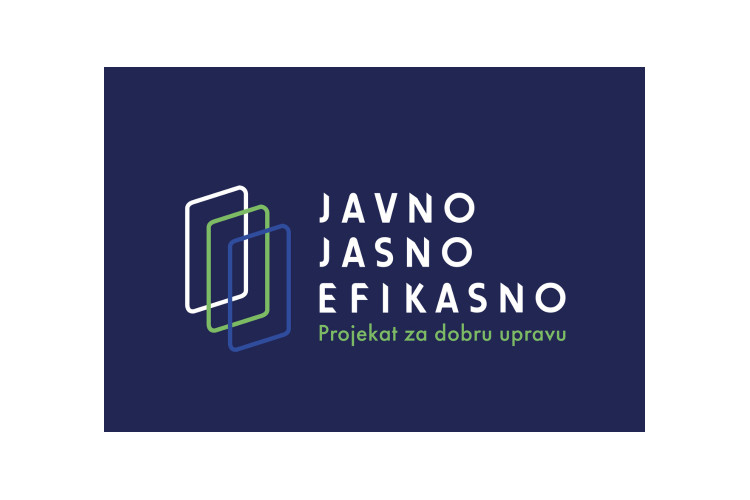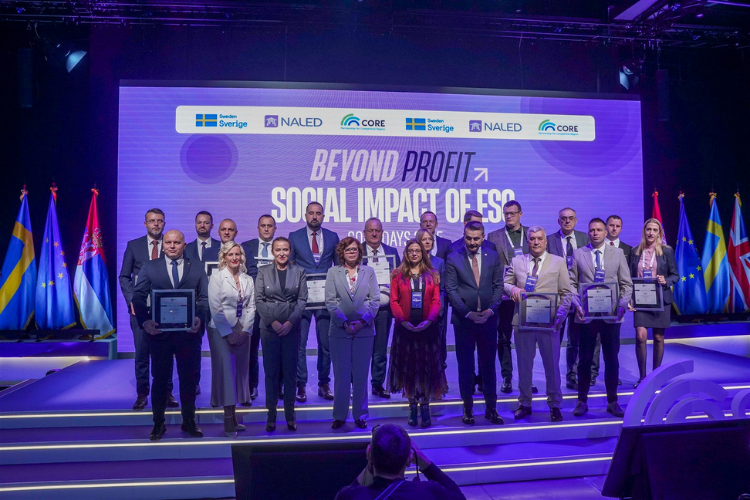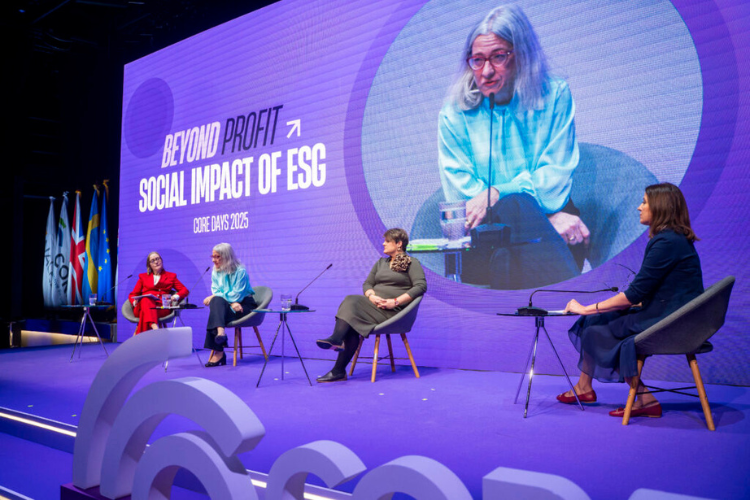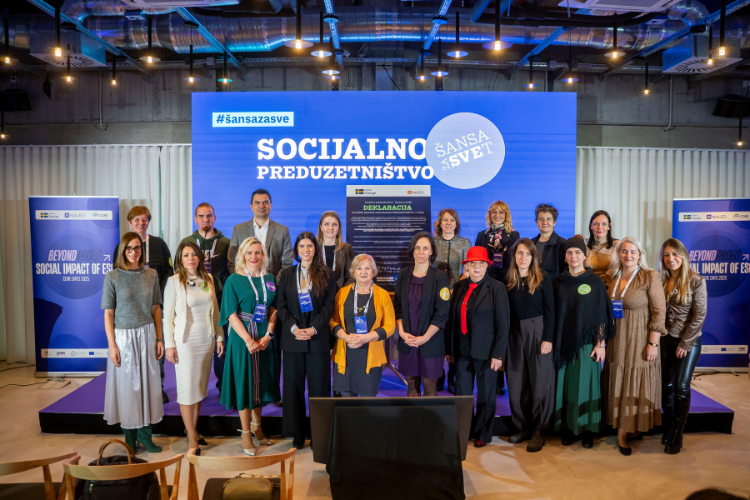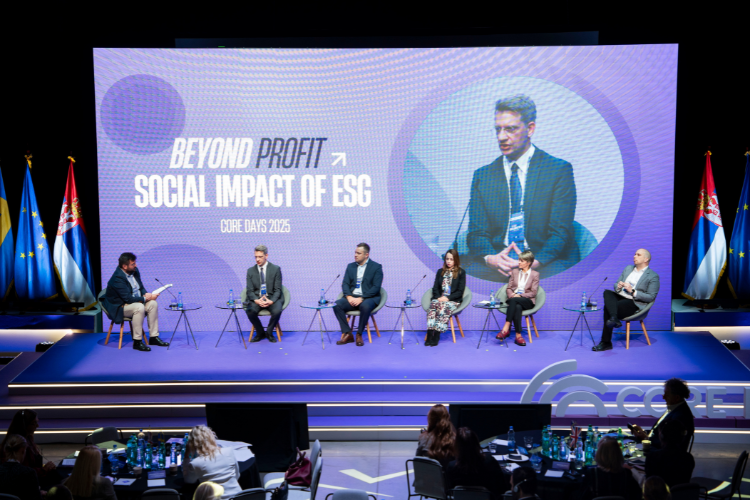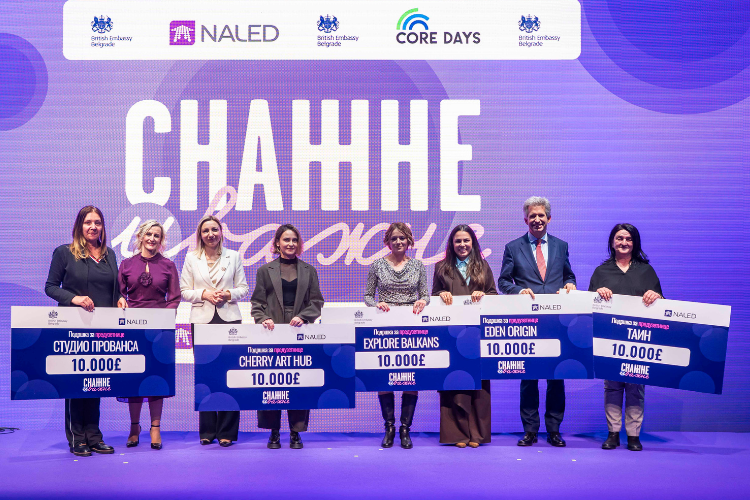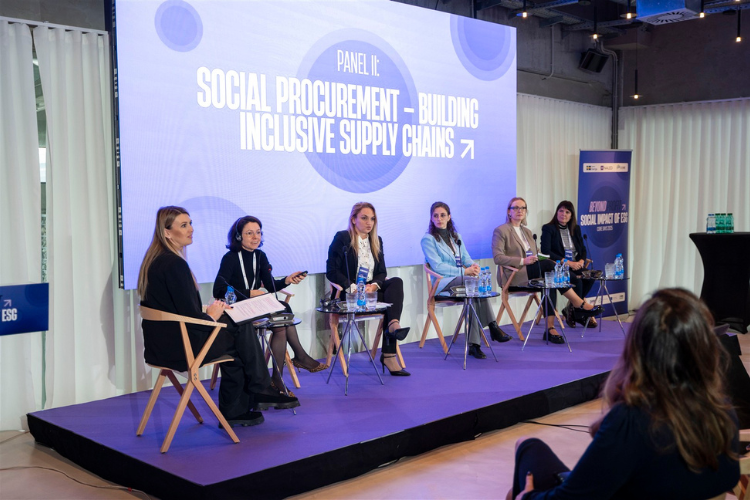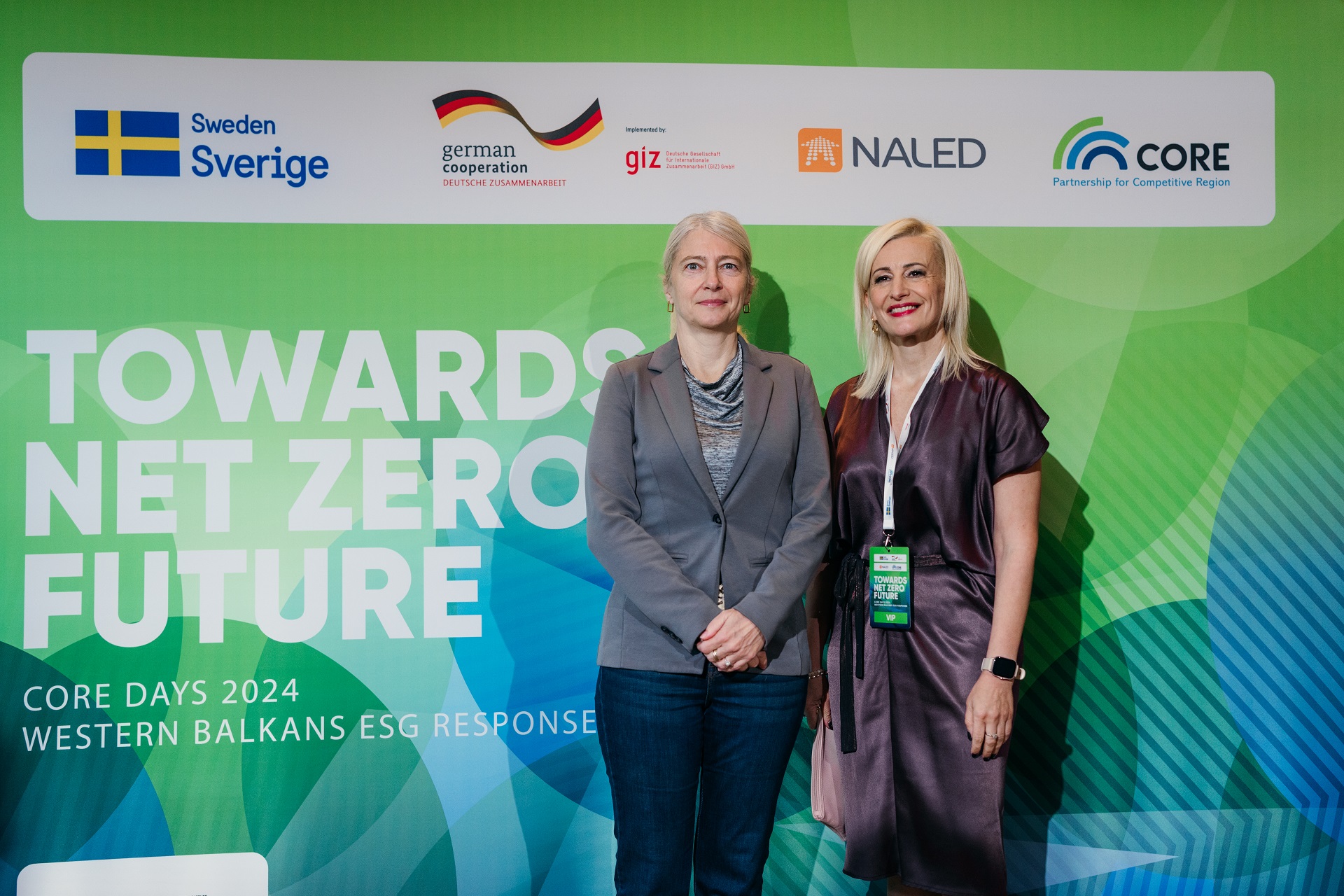Enhancing competitiveness through more effective public procurement and sustainable supply chains

Donor: Swedish International Development Cooperation Agency (Sida)
Beneficiaries: Public Procurement Office; Republic Commission for the Protection of Rights in Public Procurement Procedures; Commission for Protection of Competition; public procurement officers – contracting authorities; bidders; Judicial Academy; judges and prosecutors; Administrative Court; Ministry of Environmental Protection; Ministry of Finance; Budget Inspection; Office for IT and eGovernment; micro, small and medium-sized enterprises (MSMEs); farmers; Ministry of Public Administration and Local Self-Government; local self-government units (LSGs); companies; academic community and research institutes; banking sector; Ministry of Labour, Employment, Veteran and Social Affairs; Ministry of Economy; Serbian Business Registers Agency (SBRA); Standing Conference of Towns and Municipalities (SCTM); social enterprises; line ministries; Ministry of Construction, Transport and Infrastructure; Ministry of Information and Telecommunications; Republic Geodetic Authority; Statistical Office of the Republic of Serbia; Republic Property Directorate; Directorate for Agricultural Land; RATEL; academic community; civil society organizations; media, and others.
Period of realization: June 1, 2024 – May 31, 2028
„More Efficient Public Procurement and Sustainable Supply Chains (ESG) for Improved Competitiveness” is a project funded by Sweden and implemented by NALED. The total project value amounts to EUR 7 million. The project builds upon the results achieved through the previous initiative “Public Procurement and Good Governance for Greater Competitiveness,” implemented by NALED from December 1, 2022, to May 31, 2024.
Public procurement serves as a key instrument for achieving public policy goals in areas such as environmental protection and social inclusion, while at the same time contributing to competitiveness and the growth of small and medium-sized enterprises. The project envisages activities aimed at promoting greater use of horizontal (green and social) criteria in procurement procedures, continuing to strengthen the capacities of contracting authorities in the field of innovation procurement, as well as providing support to bidders in selected sectors to encourage greater participation in public procurement processes.
Further activities will focus on enhancing competition in this area through capacity building of contracting authorities for the application of specific instruments and mechanisms in procurement procedures, as well as strengthening the knowledge and capacities of the Commission for Protection of Competition to reinforce its institutional role in public procurement.
The project will also support the transfer of modern knowledge to judicial institutions needed for handling corruption cases in procurement procedures, the development of software tools for detecting bid rigging, and improved cooperation among key oversight institutions. In addition, NALED recognizes the importance of the media and civil society organizations in monitoring the implementation of laws and by-laws and overseeing public spending, and therefore foresees specific activities targeting these groups.
The second segment of activities refers to the application of ESG criteria, i.e., creating the conditions for effective supply chain management. The plan includes the promotion and implementation of recommendations contained in the Sustainability Analysis of Supply Chains with High Potential for ESG Application, emphasizing their role as factors of competitiveness and economic growth. The project provides support through consultations and capacity building of key stakeholders to enhance the adoption and fulfillment of ESG standards by establishing an ESG Hub.
In parallel, the project foresees the piloting of a Regenerative Agricultural District (RAD) and the development of capacities for the ESG Challenge Fund (ESG CF). To promote ESG standards more effectively, the project will also support the organization of the CORE Days regional conference.
Throughout the project, an analysis will be conducted to examine how compliance with ESG standards, along with the direct and indirect effects of customs changes, impacts the competitiveness of Serbian exports, particularly those destined for the EU market. In this area, knowledge exchange with academia and policy experts will be facilitated.
In addition, NALED will continue to strengthen a dedicated ecosystem for the empowerment of social enterprises, which includes comprehensive support for reforms in this field through the finalization of the Program for the Development of Social Entrepreneurship and its accompanying Action Plan, organization of consultations, and establishment of a Training Center for Social Entrepreneurship, among other activities.
General Objectives:
- Increasing efficiency, transparency, and accountability in the public procurement system, thereby fostering market development, competition, and more rational use of budget funds.
- Promoting the sustainability of supply chains through alignment with EU ESG standards, strengthening the capacities of small and medium-sized enterprises, and developing social entrepreneurship.
- Enhancing social inclusion, gender equality, anti-discrimination, and poverty reduction by integrating social criteria and ethical principles into public procurement, supply chains, and social enterprise development.
- Improving public-private dialogue and evidence-based policymaking through partnerships among the private, public, and civil sectors.


